
下载亿题库APP
联系电话:400-660-1360

下载亿题库APP
联系电话:400-660-1360

请谨慎保管和记忆你的密码,以免泄露和丢失

请谨慎保管和记忆你的密码,以免泄露和丢失
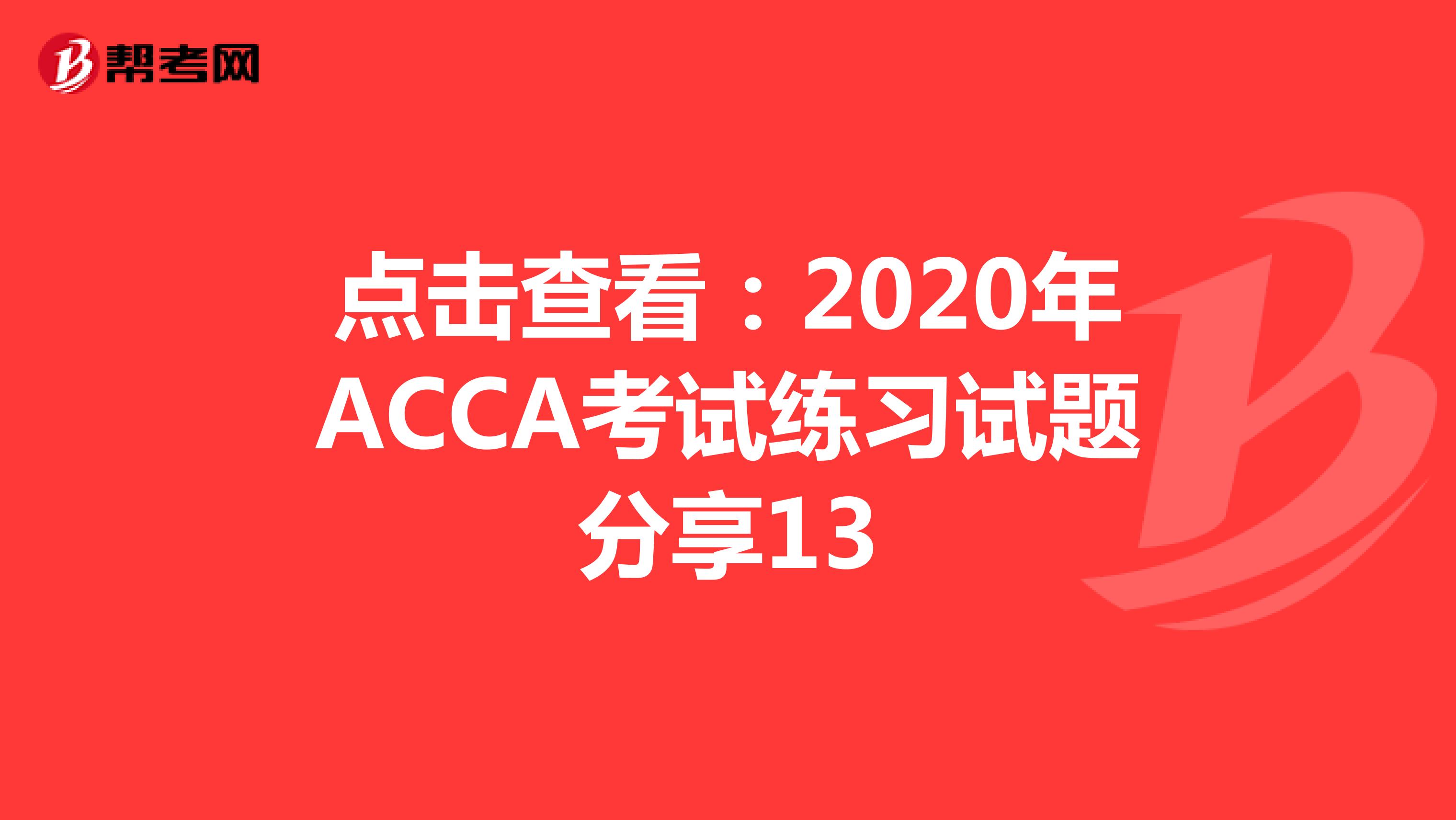
各位小伙伴大家好!想要报考ACCA考试的小伙伴请注意啦,帮考网为大家带来了考试练习题供大家练习,帮助大家熟悉题型和巩固知识。
Professional Level – Essentials Module,
Professional Accountant
1 (a) (i) Three Kohlberg levels
At the preconventional level of moral reasoning, morality is conceived of in terms of rewards, punishments andinstrumental motivations. Those demonstrating intolerance of regulations in preference for self-serving motives aretypical preconventionalists.
At the conventional level, morality is understood in terms of compliance with either or both of peer pressure/socialexpectations or regulations, laws and guidelines. A high degree of compliance is assumed to be a highly moral position.
At the postconventional level, morality is understood in terms of conformance with ‘higher’ or ‘universal’ ethicalprinciples. Postconventional assumptions often challenge existing regulatory regimes and social norms and sopostconventional behaviour is often costly in personal terms.
Level 1: Preconventional level
Stage/Plane 1: Punishment-obedience orientation
Stage/Plane 2: Instrumental relativist orientation
Level 2: Conventional level
Stage/Plane 3: Good boy-nice girl orientation
Stage/Plane 4: Law and order orientation
Level 3: Postconventional level
Stage/Plane 5: Social contract orientation
Stage/Plane 6: Universal ethical principle orientation
(ii) The level that Jack Mineta operated at
The evidence from the case suggests that Mr Mineta operated at the preconventional level. Although he seemed lessconcerned with punishment, his actions were strongly driven by the incentives of financial rewards suggesting a rewardsorientation consistent with preconventional thinking. He seemed prepared to ignore internal control systems (‘I’m in thisjob for what I can get for myself – big risks bring big returns and big bonuses for me.’). The internal control systems at
Global-bank placed clear limits on traders’ behaviour in terms of limits and exposure to the highest risk derivativeinstruments. Mr Mineta was unconcerned about compliance with controls and prevailing rules would have suggestedconventional thinking. Had he complied with the internal control constraints, he would not have lost the large amountof money. Nor would he have made the large prior profits but these were manifestly not sustainable. Miss Hubu’scomment that he ‘didn’t believe in right and wrong’ excludes any suggestion that his ignoring of rules was driven bypostconventional assumptions.
(iii) Stage most appropriate for a professional bank employee
The most appropriate level of moral development for Mr Mineta in his work is stage 4 within the conventional level (level
2). This level stresses compliance with laws and regulations rather than the 3rd stage which is about compliance with
norms to gain social acceptance.
Stage 4 is concerned with legal and regulatory compliance and the moral right is that which is the most compliant withprevailing regulatory systems.
[Tutorial note: it is possible to argue for other stages. Credit should be given for this only when robustly defended withevidence. Unsupported assertions should not be rewarded.]
(b) FIVE typical causes of internal control failure and the performance of Global-bank
There are several possible causes of internal control failure. The UK Turnbull report (in paragraph 22) gives examples ofcauses of failure but this list is not exhaustive.
Poor judgement in decision-making. Internal control failures can sometimes arise from individual decisions being made basedon inadequate information provision or by inexperienced staff.
Human error can cause failures although a well-designed internal control environment can help control this to a certain extent.
Control processes being deliberately circumvented by employees and others. It is very difficult to completely prevent deliberatecircumvention, especially if an employee has a particular reason (in his or her opinion) to do so, such as the belief that higherbonuses will be earned.
Management overriding controls, presumably in the belief that the controls put in place are inconvenient or inappropriate andshould not apply to them.
The occurrence of unforeseeable circumstances is the final cause referred to in the Turnbull Report. Control systems aredesigned to cope with a given range of variables and when an event happens outwith that range, the system may be unableto cope.
Tutorial note: accept other, equivalent explanations or references to other governance codes if valid. Study texts makereference obliquely rather than as a ‘list’ to learn. The above points can be expressed in different ways.
Time allowed
This paper is divided into two sections:
Section A – This ONE question is compulsory and MUST be attempted
Section B – TWO questions ONLY to be attempted
Do NOT open this paper until instructed by the supervisor.
During reading and planning time only the question paper maybe annotated. You must NOT write in your answer booklet untilinstructed by the supervisor.
This question paper must not be removed from the examination hall.
The Association of Chartered Certified Accountants
好了,今天的分享就到这里结束啦!大家今天是否有所收获呢?如需了解更多相关内容,请关注帮考网!
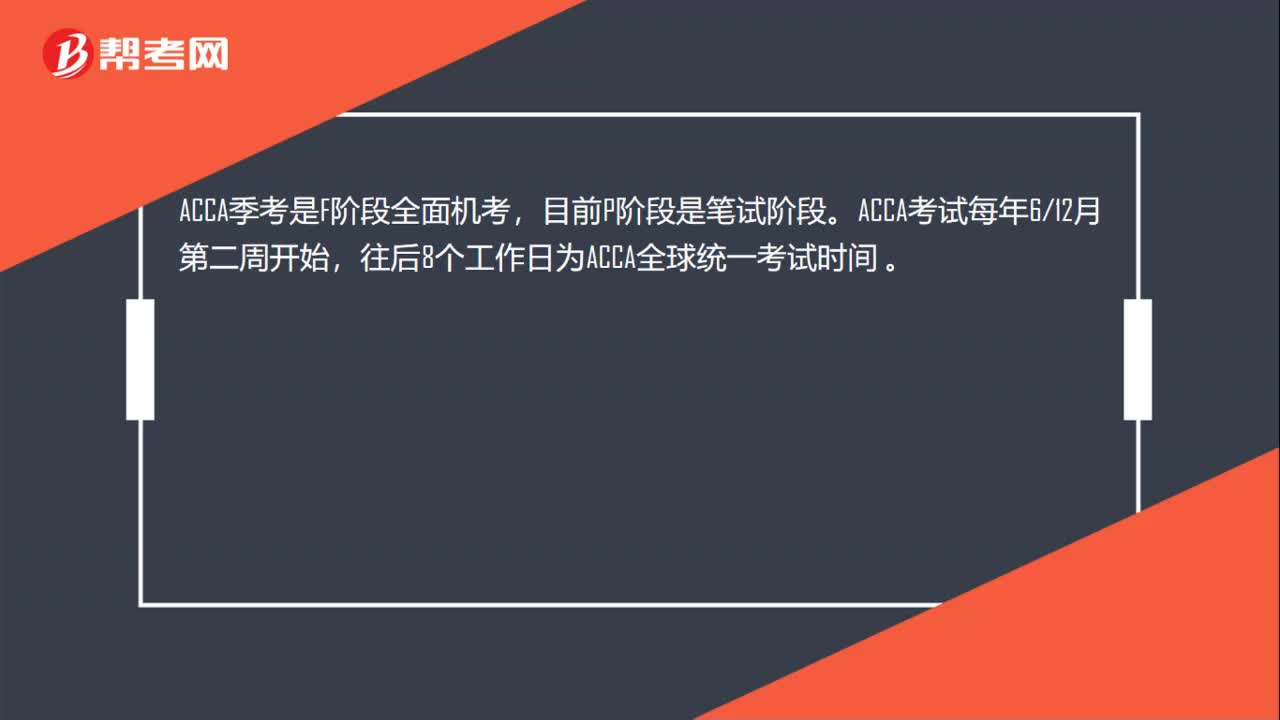 25
25ACCA每年的考试时间是什么时候?:ACCA每年的考试时间是什么时候?ACCA季考是F阶段全面机考,目前P阶段是笔试阶段。ACCA考试每年612月第二周开始,往后8个工作日为ACCA全球统一考试时间。
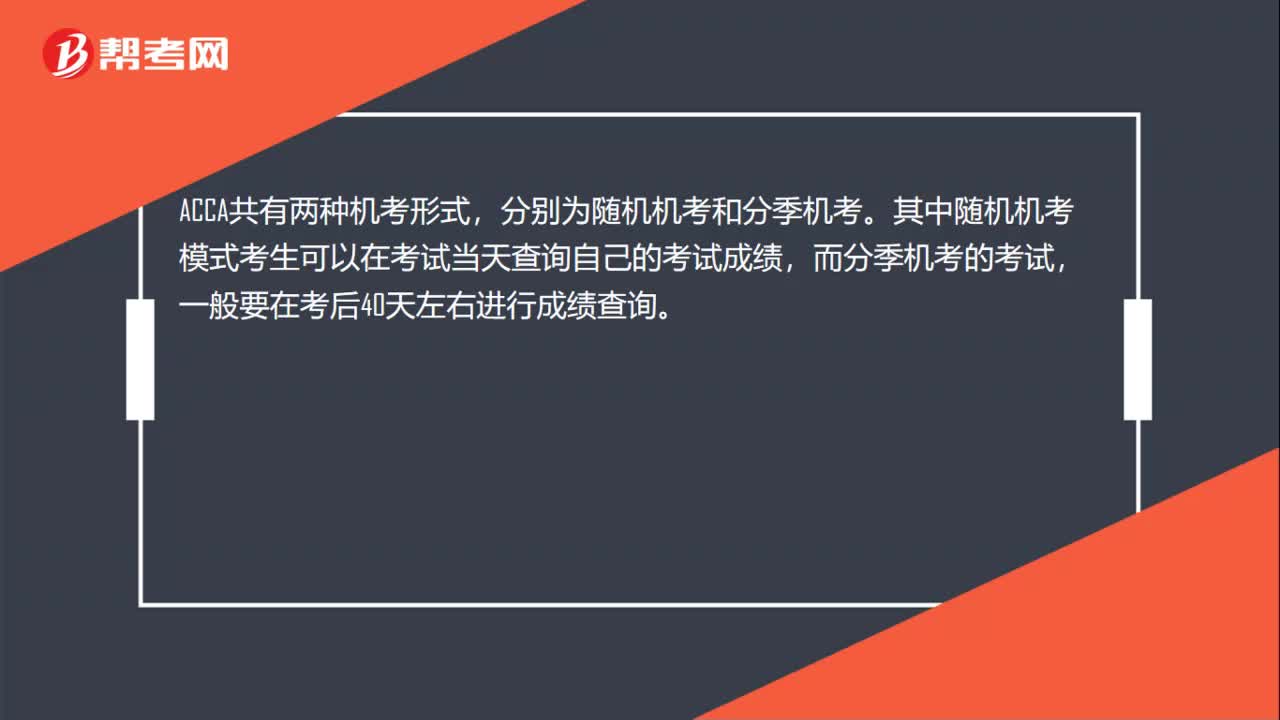 25
25ACCA考试之后多久可以查询成绩?:ACCA考试之后多久可以查询成绩?ACCA共有两种机考形式,分别为随机机考和分季机考。其中随机机考模式考生可以在考试当天查询自己的考试成绩,而分季机考的考试,一般要在考后40天左右进行成绩查询。
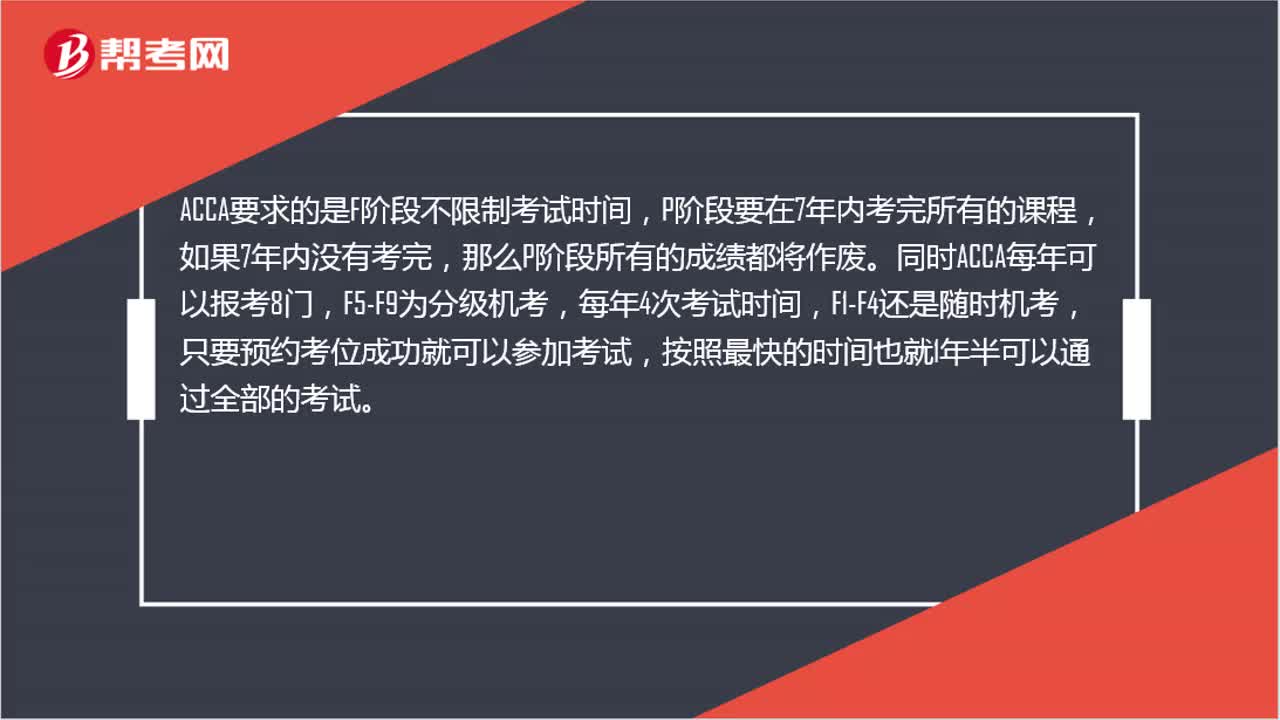 42
42ACCA考试需要几年才能拿到证书?:ACCA考试需要几年才能拿到证书?ACCA要求的是F阶段不限制考试时间,P阶段要在7年内考完所有的课程,如果7年内没有考完,那么P阶段所有的成绩都将作废。同时ACCA每年可以报考8门,F5-F9为分级机考,每年4次考试时间,F1-F4还是随时机考,只要预约考位成功就可以参加考试,按照最快的时间也就1年半可以通过全部的考试。
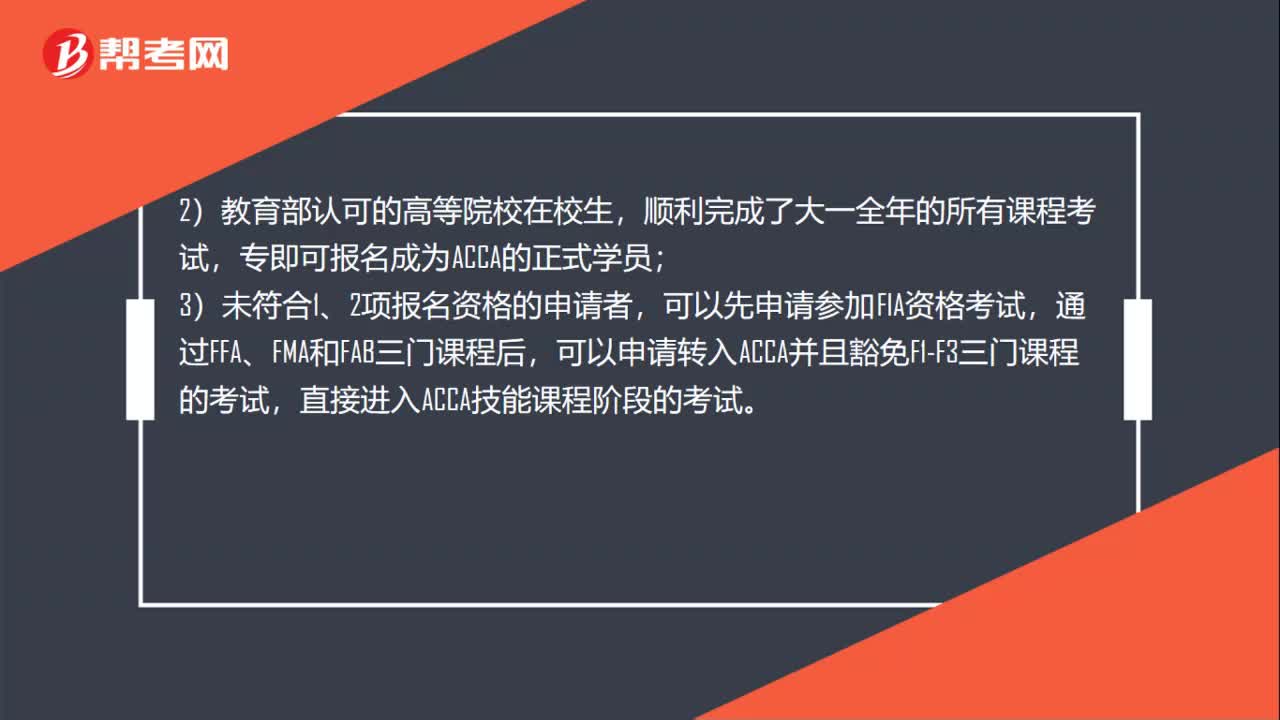 01:03
01:032020-06-04
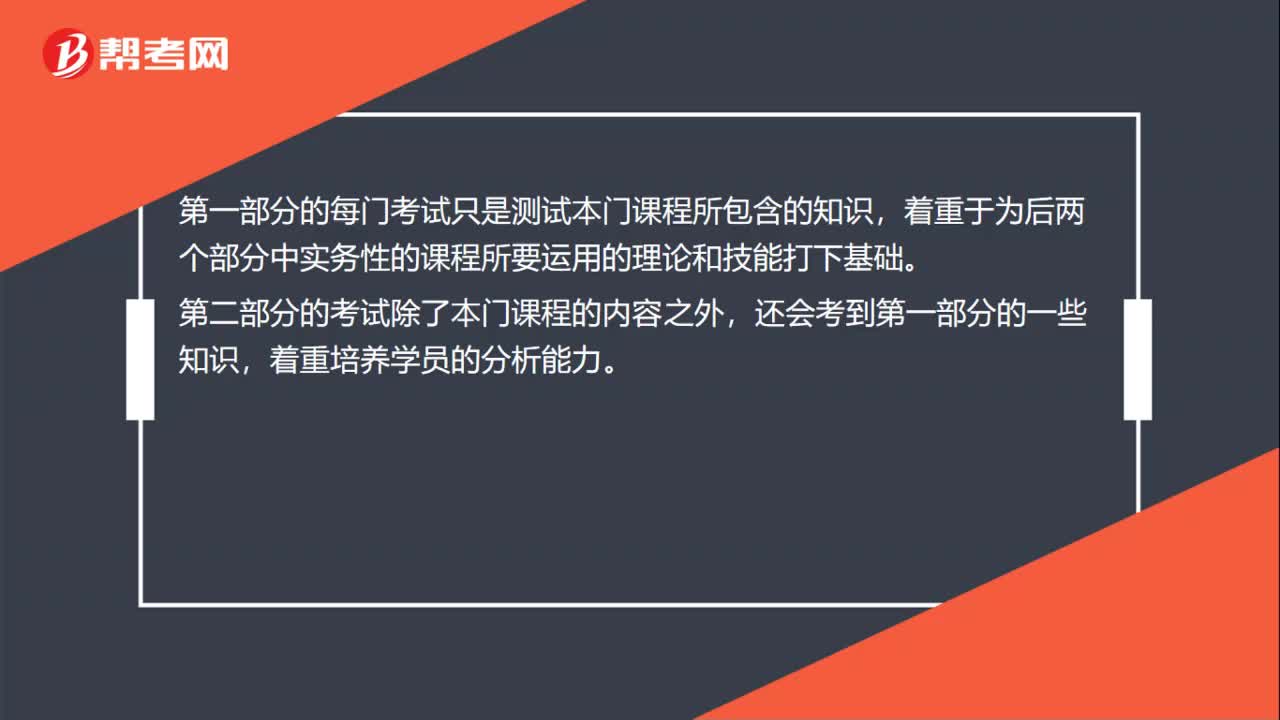 01:20
01:202020-06-04
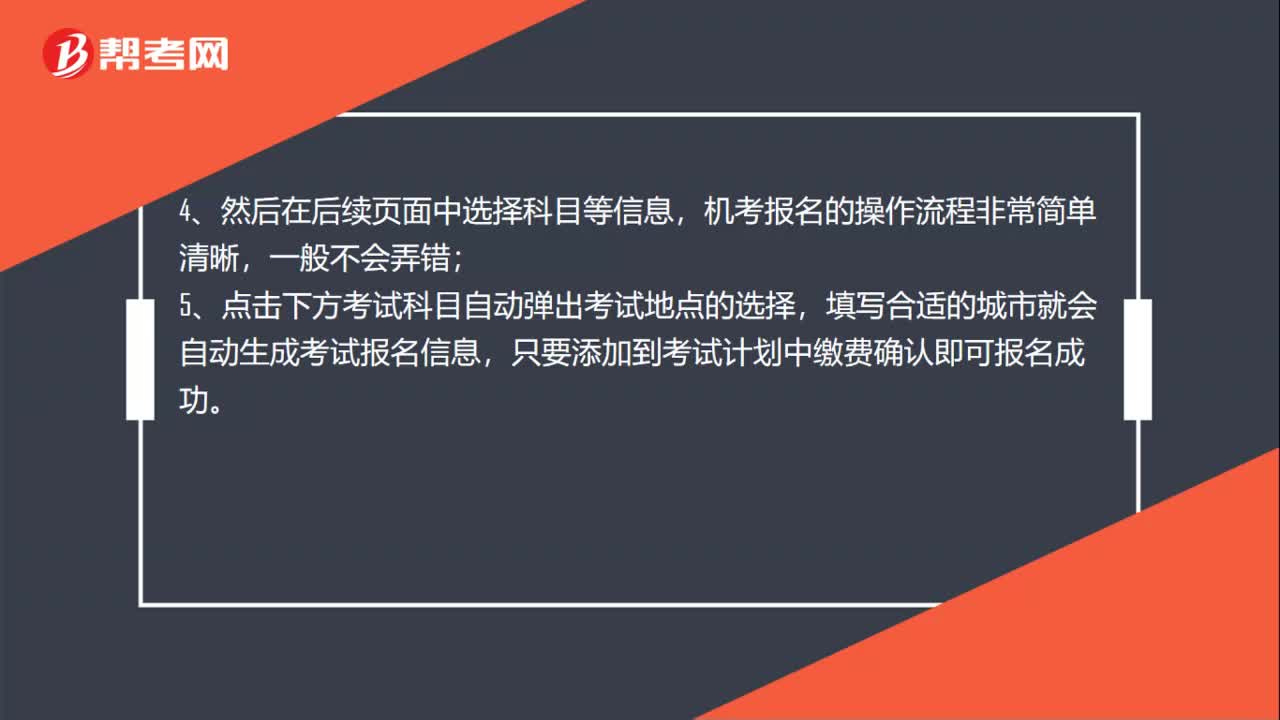 01:21
01:212020-06-04
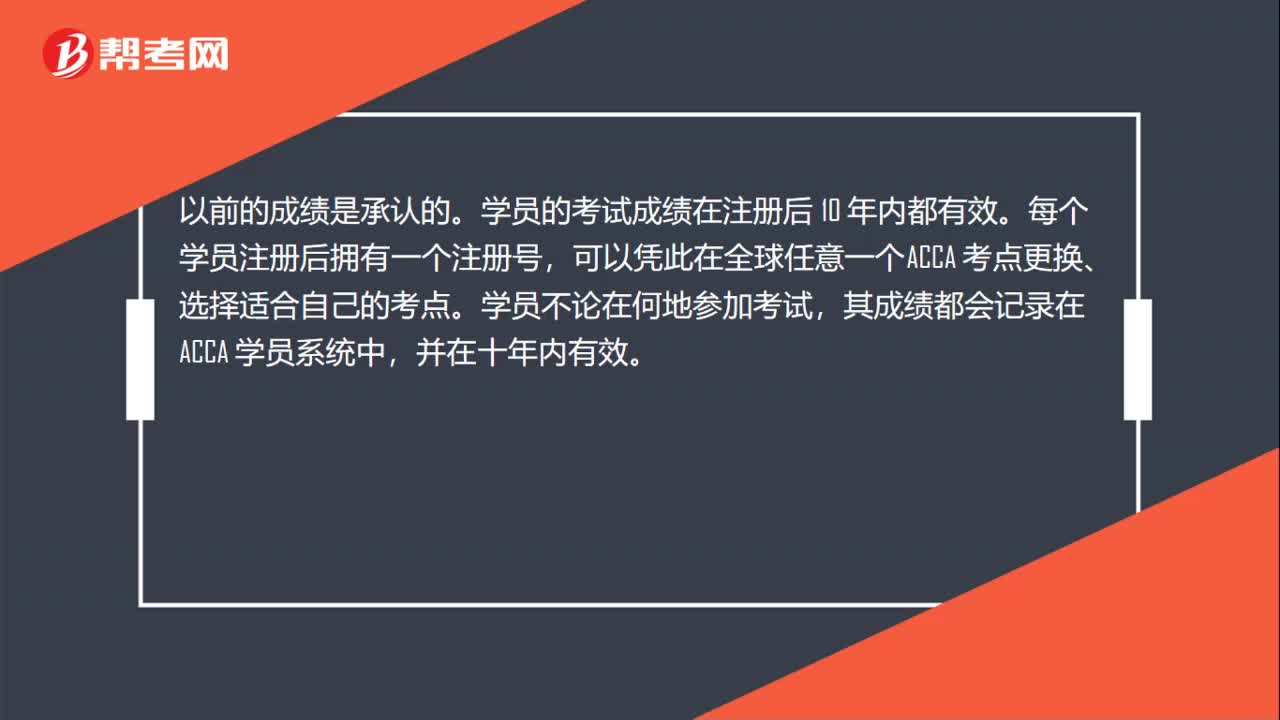 00:34
00:342020-06-04
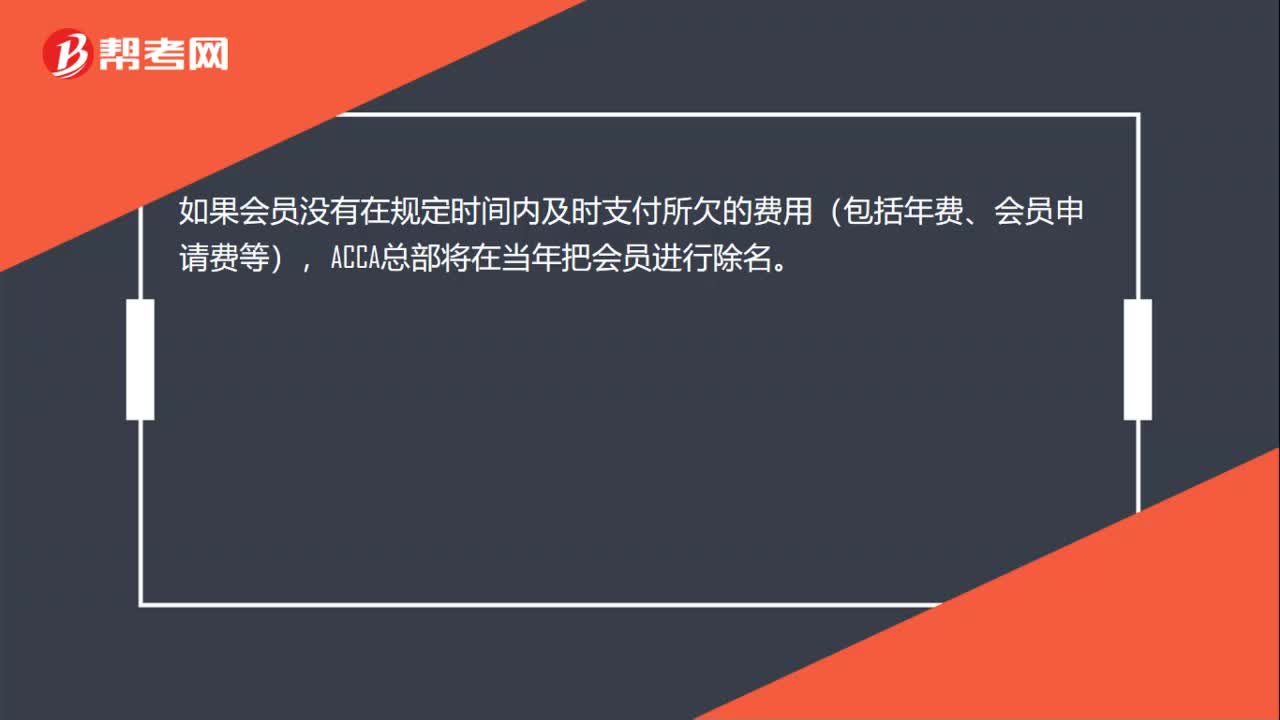 00:19
00:192020-06-04

微信扫码关注公众号
获取更多考试热门资料